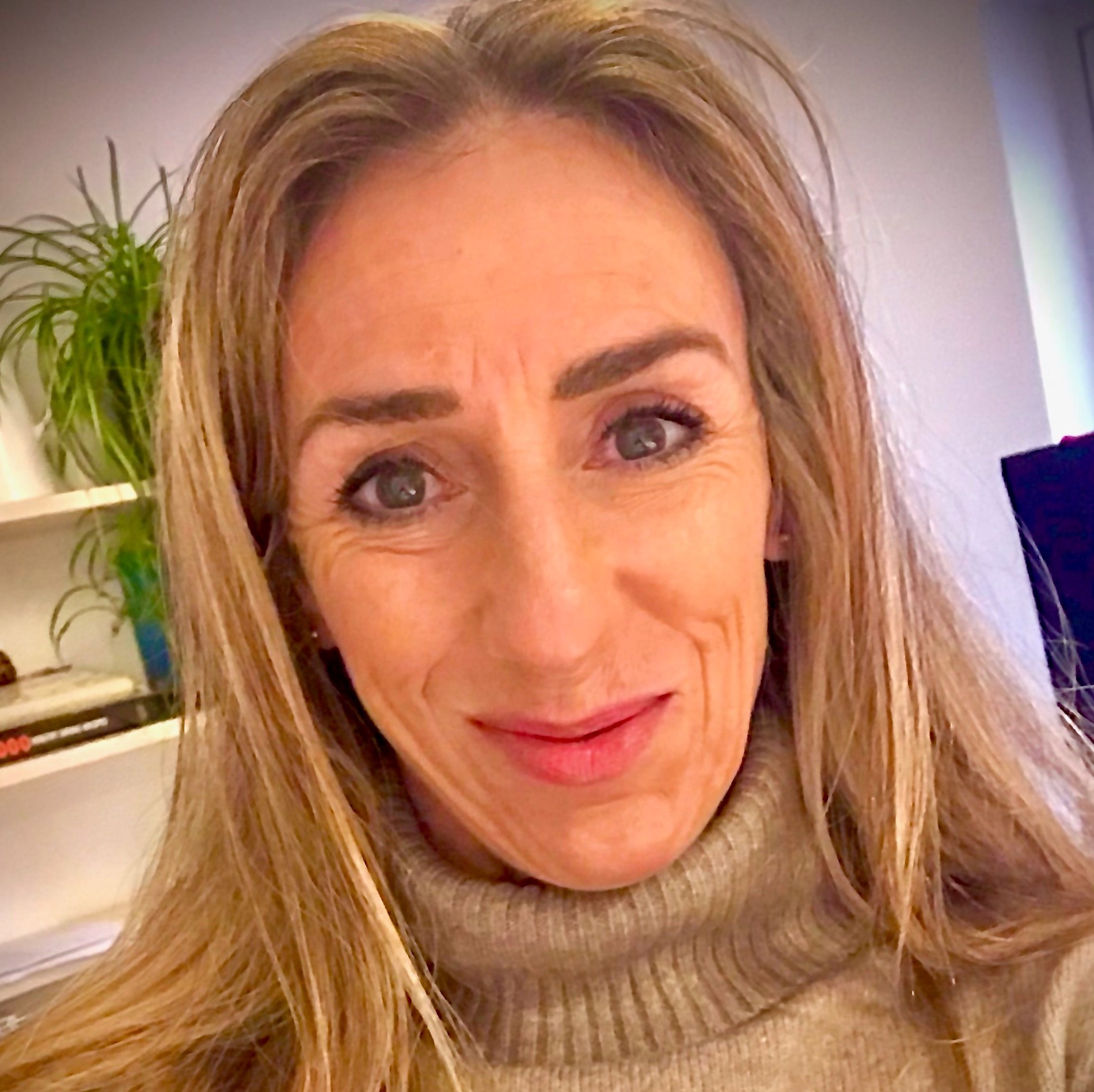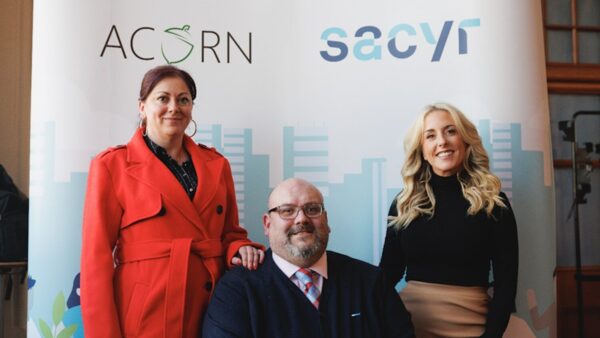Paul Vega FCIOB, partner at GSS LLP, was one of the youngest CIOB members to achieve fellowship status. He tells Nicky Roger why he advises achieving it early in your career.
What made you go into construction?
I had a keen interest in buildings and felt that it would enable me to spend some time in the office while also having the opportunity to get out and visit sites. I also wanted to do something that would help improve the environment around me and have a positive impact on communities.
What do you remember from your first project?
I remember the responsibility. It was both daunting and exciting for me at a young age to be involved in multi-million-pound projects and realise the impact my decisions could have on them – including their failure or success.

How do you think becoming a fellow has helped you in your career?’
Well, it definitely has. I became a fellow at the age of 34 and I would encourage others to become a fellow early enough in their career so that it can make a difference and is not something that is left to the latter part of their working life.
Becoming a fellow definitely improved my confidence and future career opportunities. I think knowing you have achieved fellowship changes your mindset. You know that you have reached the highest level within the institute and profession. This increased confidence has helped me take on certain challenges and roles that I may otherwise have not taken on. These challenges and roles have had a positive impact on my development and promotion opportunities.
In addition, FCIOB demonstrates to your client colleagues and peers that you have reached the highest level. They know they are dealing with an experienced professional that they can trust.
Is there a specific project or achievement you are most proud of?
I am proud of my achievement of becoming a partner of GSS. I joined GSS in 1998 as an assistant quantity surveyor, having spent a number of years previously working for a main contractor. It was a very different environment to what I was used to and there was a lot to learn.
I was, however, determined to develop and gain the right experience to enable me to move up through the company and take on new responsibilities. These new responsibilities led to promotions which have ultimately resulted in my achievement of becoming a partner. I think this demonstrates that if you work hard, don’t give up and always assert your best efforts then you can achieve your goals.
Is there anything in your career you would do differently now?
I could have possibly tried a few new or different experiences along the way, such as working abroad but I don’t regret not doing it. So far I have made career decisions that are right for me at that particular time in my life and that is all you can ever do.
What advice would you give to someone starting in construction today?
Don’t be afraid to ask questions. Ask as many as you can. People won’t expect you to know everything and you will learn so much from those around you.
Paul Vega FCIOB CV
Employment:
2019-present Partner, Gotch Saunders and Surridge LLP
1998 Joined GSS as assistant quantity surveyor, progressing to associate in 2006
1995-1998 Construction buyer, SDC Builders
Education:
BSc (Hons) Quantity Surveying, University of Northampton
Professional memberships:
Fellow of the Chartered Institute of Building
Chartered Environmentalist
Member of the Association for Project Management
Use your more experienced colleagues to learn from. There is so much experience within the industry and we need to make sure it is disseminated through to those making their first steps. They are the future of construction.
Also, try to join a professional institute such as CIOB as soon as you can – such as Tomorrow’s Leaders. It will help you on your journey to chartership and you will have such a support network around you.
What one thing would you change to make careers in construction more appealing?
I would change the perception and general image of the industry. Improving the image of construction has come a long way over recent years – and I do feel it has improved greatly – but I feel that to attract bright new talent it needs to promote itself as an industry that can provide a career that is diverse, professional, interesting, exciting and secure.
Sometimes young people appear not to be aware of the opportunities available to them and the number of different roles available to them on the professional and management side of things.
What has changed the most about construction since you’ve been working in it?
Procurement has changed a lot. When I started, the traditional procurement was still by far the most used form. The design team fully designed the building, the quantity surveyor produced the bills of quantities, it was tendered and the successful contractor built it.
This has changed dramatically. Design and build has come to the forefront of procurement over the years. Frameworks are being used to procure work, two-stage tendering including an element of negotiation. Contractors are getting involved much earlier and delivering the design stages of projects as opposed to merely constructing to a completed design.
What’s the most valuable training you’ve received and why?
The training I have received ‘on the job’ is by far the most valuable. University or college teaches you the fundamentals and provides you with a good level of understanding, but it’s the actual ‘doing’ that really equips you with the necessary knowledge and skills in order for you to learn and develop.
Comments
Comments are closed.










I was at a similar age(35) to obtain FCIOB status living and working for myself in London.
My mentors were from Shirecliff Building College in Sheffield. The lecturers all promoted my mother institute CIOB.
I feel those colleges have been lost. They turned out many guys such as myself into the construction industry.
Likewise I became a Fellow at about the same age, thanks to East Ham School of Building (OND), Brixton School of Building (HND and LIOB). Not sure if either exist now?